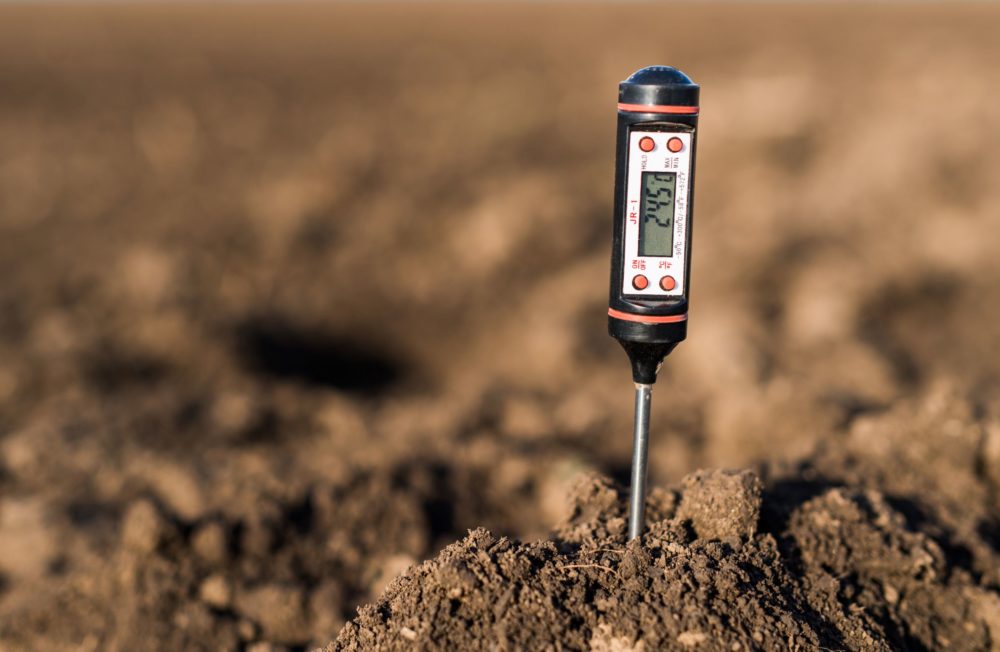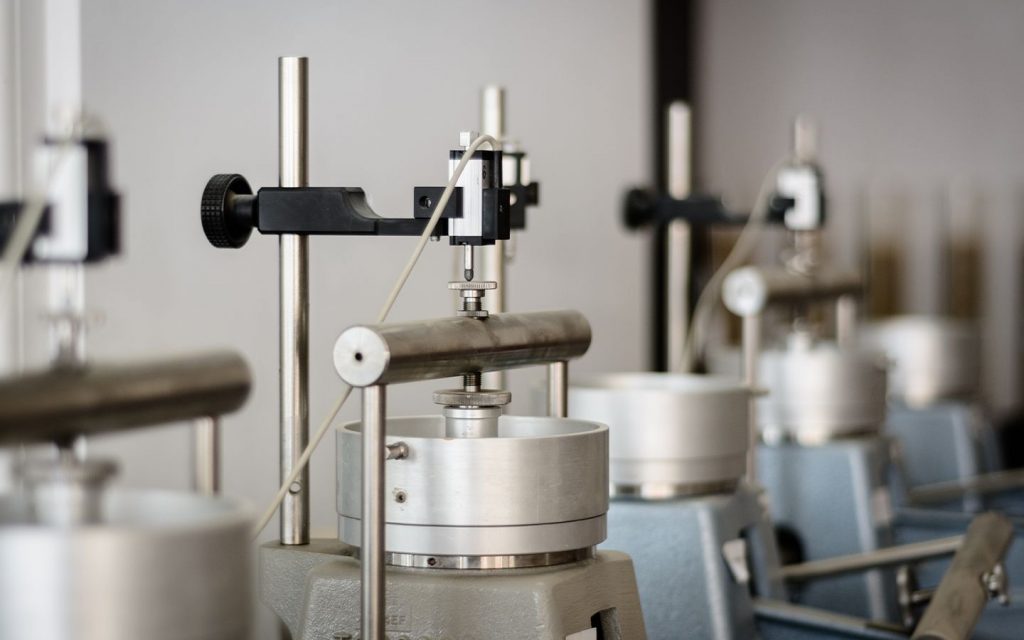If you are planning to build your dream home, you probably have heard about a soil testing report from the professionals. Before you begin any kind of construction work, it is really important to check the quality of the soil of the land. The first step towards construction planning is soil tests. Therefore, this article provides you with detail explanation about soil testing report and its importance.
What is soil testing report?

The stress coming from any structure or building falls under the soil in which the structure is standing on. The soil must have the ability to withstand the weight of the building. Therefore, before constructing any building, the experts examines quality of the soil to test the bearing capacity. This process is known as soil testing. During this process, the examiner checks the chemical and physical composition of the soil. This determines the structure stabilization as well. The soil testing report is the key to the length and depth of the pillar while building the foundation. We can also check the water level of the soil from soil testing. In case of improper soil testing then the whole building is damaged or leaned like Leaning Tower of Pisa.
Types of Soil Tests for Construction Project

After drilling different spots on the site, professionals prepare for the soil investigation. The sample of the soil composition is tested in a special-purpose laboratory for strength, compaction, density etc. Then all the necessary technical and safety data is compiled in the form of a comprehensive report. These precise calculations ensure the best output in terms of safety and sustainability of an under-construction project. Here is the list of various types of soil test.
- Gravity Test: This test determines the value of soil’s gravity. This test is dependent on soil’s grain-size.
- Moisture Test: It is important to understand soil’s behavior under varying conditions such as stress, loading, temperature, and moisture. The moisture content testing effectively gauges the performance and sturdiness of soil when it is in contact with moisture.
- Dry Density Test: It helps the builders and engineers to determine the weight and density of a certain amount of soil collected in an absolutely dry form.
- Proctor’s Compaction Test: Proctor’s Compaction Test generates a highly technical soil testing report for construction. This test finds out the compaction characteristics of the soil. This gives an idea of how well it can withstand excessive pressures and forces. For this kind of test a special-purpose laboratory are there.
- Atterberg Limits Test: This is another highly technical type of soil testing that works on a single soil grain as a sample. It helps to identify various characteristics of soil such as its shrinkage limits. The test also checks its behavior upon transitioning into semi-solid, liquid, and plastic states.
Hope you like the article. If you are about to sell, buy or rent any real estate materials , you can always visit basobaas.com.
To read more blog like this. Click here. Don’t forget to share in your socials.







